“This person is taking the term road rage to a whole other level”: An interview with Unhinged director Derrick Borte
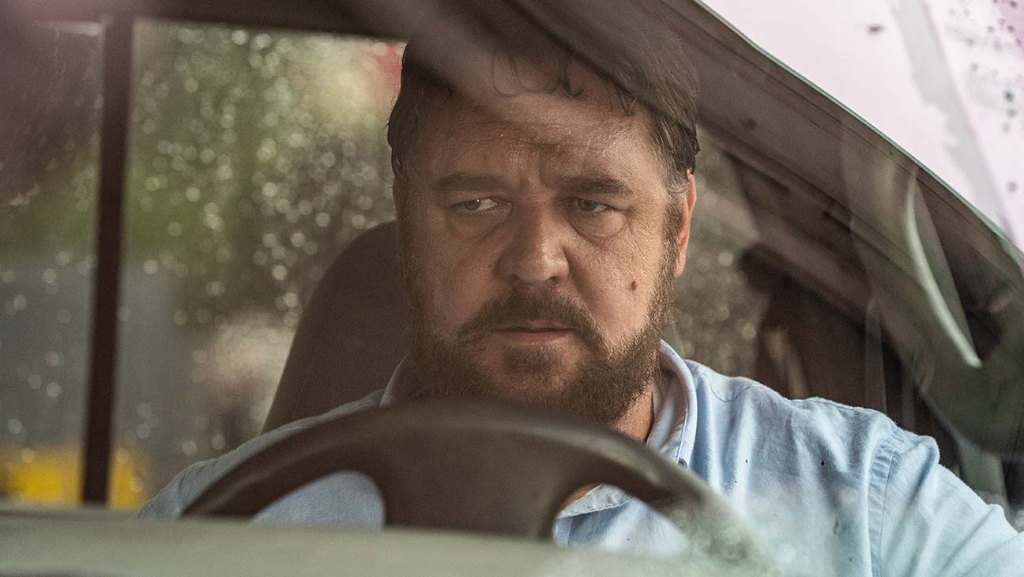
Unhinged is a tense and high-octane thriller starring a near-on unrecognisable Russell Crowe as a driver with your more than average case of road rage.
When divorced mother-of-one Rachel (Caren Pistorius) honks her horn at the car in front as the lights turn green, it leads to an exchange of words. But little does she suspect what comes next, when all hell breaks loose and the driver in front makes it his mission to not only ruin her day but her life.
We had the pleasure of chatting with director Derrick Borte (American Dreamer) about the film over the phone from Virginia. He shared his reflections on casting and working with Russell Crowe, who he says brought professionalism and energy to the set – and who, it turns out, wasn’t afraid to joke about playing on his reputation an as “angry man.” The filmmaker also told us about how the shoot had to survive many a setback, from hurricanes to a heatwave; the parallels he sees between Jaws and Unhinged; as well as the challenges of releasing a film mid-pandemic.
Lovely to speak to you, Derrick. It must be an exciting moment for your film to come out, when we are just about able to get back into cinemas – if very hesitantly! For people who aren’t already familiar with your film, what is Unhinged all about?
Well, I think on the surface, it’s an amazing edge-of-your seat, 90-minute thrill ride that is instigated by someone honking at the wrong person on the wrong day – this person is taking the term road rage to a whole other level as he tries to dismantle her life. On some kind of deeper level, I would say it’s certainly a reflection of the decline of civility in the world that we’re living in today. And it’s not unlike too many things we see happening in the news almost every day now.
Yes, it echoed an energy that’s in the air at the moment. I know a lot of people have felt frustrated in lockdown: there’s been a lot of protesting and upheaval, lot’s of people feel left behind or forgotten about. Perhaps you can see a lot of parallels in how people are feeling and how it can make them act out.
Yeah, I mean when I first read the script, I was immediately just gripped by the thrill of it in terms of just not wanting to stop reading: I couldn’t wait to see what was going to happen on the next page. But after reading it, I really was taken with the kind of commentary on the things that are going on that cause someone to drive a car into a crowd of people or here in the States that we read about weekly, with people taking out this kind of rage with weapons and things like that. And I think that was what hooked me deeper into the project: getting a chance to look beneath the headlines and find out a little more about these people and what happens to take someone from being a functioning member of society to someone who feels like their only chance to be heard is violence.
Coming to your cast, this is Russell Crowe perhaps not as we’ve seen him before, not just in his appearance but in the role itself. Did you have him in mind from the beginning as the central character? What was it like working with him?
When the possibility of Russell came up, I didn’t know whether it was even real or not. I went to meet with him and we talked about the film and I left thinking, “50/50 chance, I could flip a coin, maybe he’s gonna do it, maybe he’s not”. But then he watched my last film American Dreamer that night and wanted to talk again the next day and ask me a few questions about that film that he seemed to really like. And we started talking more about this character and about what it is that takes someone and strips their humanity away to that level. And once we started just diving into it, the energy level just jumped up. And as we started figuring out this guy I just felt like he was hooked in some way. Once he was in, it was full speed ahead in terms of trying to figure out with him how to add some humanity to a character that really displays none; trying to figure out what brings someone to this point. And it’s not just about losing a job. It’s not just about a failed marriage. It’s more: the people that tend to do these kind of things, they develop a nihilism that comes from really feeling let down by every institution that they believed in. They feel invisible and they feel like their only way to have a mark or leave a mark in the world and be heard is through violence. And that’s how we kind of found this character together.
Then just working with Russell, I think that he gets everybody on the entire set to raise their game because he is such a professional and so talented. When he comes in, there’s an energy on the set where everyone is, as they say, bringing their “A game” because they know that he is, and they want to be a part of that energy. And that applies to everyone, including myself. I think that his tone, his energy really influenced the set in a major way and challenged me to be better at my job and did the same for others on set. And it was incredibly rewarding, once we had wrapped, just kind of looking back on it all. Considering we had a hurricane hit us, we had a ridiculous heat index every day, causing some people to have to get IVs at lunchtime because they’d been dehydrated, lightning strikes delaying production by hours every single day – it was a very challenging shoot. And now we’ve gotten through it, we can look back on it and romanticise the time. But I think definitely the challenges allowed me to grow and evolve and I’m sure everybody else felt the same way.
Crowe does ironically have a something of a reputation in the press for not having the best temper: was that something that you felt you were playing upon with the character as well?
Oh, I mean, I think he sort of embraced that and latched onto it quickly. So it was something we could joke around about. But, you know, his personality was actually the most normalcy we had on the whole production. We didn’t see anything but enthusiastic professionalism. But I’m sure that he’s very aware of how he has been portrayed and can joke around about it as well. So yeah, it definitely was something he was very freely joking about.
Caren Pistorius plays the mother as ordinary in some ways but pretty badass when she needs to stand up for herself and her family. The film rests heavily on her performance because we’re following the fear and the anticipation through her. How did you come across the actress and what was it like working with her?
So we knew for the Rachel character that we really needed someone that would feel approachable and have an “everywoman” kind of quality about her so that this could be a universally appealing story where everyone could identify with her. But yet this character also had to stand up to Russell – as you said, a very powerful character himself. So I knew what I was looking for. If I said I went through 200 auditions or tapes and everything else I would not be exaggerating. And when Karen’s audition came up, I immediately saw something there. There’s something approachable yet captivating about her and she seems to have this strength without wearing it on her sleeve. It seems to be there.
When we did callbacks, we had some, let’s say much more notable actresses that came in to read with Russell. And then we had Karen. She had jumped on a plane on a few hours notice from Australia to get to New Orleans, came straight to the audition, came in and just kind of had a presence about her that both Russell and I noticed. She was, as advertised with her original tape, approachable, believable, identifiable – you could identify with her and yet she had the strength that I thought could really match blow for blow in this battle against Russell. And that’s what she brought every day to the set. She came in and rolled up her sleeves and went to work and I think the results are amazing. When you see her on that 40-foot screen, she is captivating and she is relatable. And yet when it comes to the time she’s got to step up to protect her family, she does it in a way that’s believable – and unforgettable.
The movie has the feeling an old-school thriller, but then there are also these moments of abrupt and surprising levels of violence you’re not expecting, such as in the scene in the diner with Andy. What kind of other films or genres did you have in mind when you were making this feature?
You know, when I first read the script, I jumped immediately to Duel, which just had a similar element of the truck chasing Dennis Weaver in the Spielberg film. But the more I got into it, I started thinking about this film more like Jaws, and Russell as the shark in Jaws, where he would show up and just unleash this violence and mayhem and then he would vanish. And not knowing when or where he’s going to show up again next. Russell and I kind of worked with that and used that. The whole crew kind of latched on to that thematically. So I feel like Jaws is probably the biggest kind of touchstone for me with this film.
A lot has been thrown into doubt in terms of cinema, from when we’ll be able to go back to watch films as we used to, to when film production can start up fully again. How does it feel to put your feature out into that atmosphere and what are your hopes for the industry as a whole going forward post-pandemic?
Wow. Well, I guess as far as releasing this film into the current environment, it’s a complex thing where, yes, I’m absolutely excited to be able to put it out and for people to be able to see it in that immersive, theatrical, communal kind of way that only theatres can offer. After seeing it myself pre-pandemic in a test screening of 450 people and just feeling the energy of that room, it confirmed for me that this is really the way it needs to be seen. So that’s exciting, and yet the practical and human side of me is constantly thinking, “Okay, you know, it just has to be safe”. I don’t want anyone risking their lives or anyone else’s lives to go to the movies. But I think that based on what they’re doing in terms of the theatre chains and the studio and governments implementing protocols, that seems to be ready to go – whether it’s disinfecting the theatres between screenings or checkerboard seating or alternating screening rooms to give the theatres time to rest and things like that – and masks, of course. I think that as long as the protocols are in place, it’s exciting. I think it’s a great way to escape for 90 minutes from all the other things going on in the world.
And as far as the bigger picture of the industry goes: I think that we’re on the precipice of learning what the ‘”new normal” is going to be, whether that’s in exhibition or production. I think we’re just trying to figure that out as we go. I think there’s a demand for entertainment and so somehow we’re going to have to meet that. But it’s just going to be trying to figure out what and how we can do that while being conscious of mitigating risk along the way.
Thank you so much. Best of luck with the release and your future projects!
Thank you very much. I appreciate it.
Sarah Bradbury
Unhinged is released nationwide on Friday 31st July 2020.
Watch the trailer for Unhinged here:

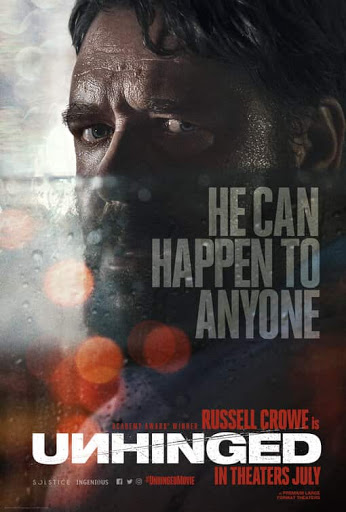
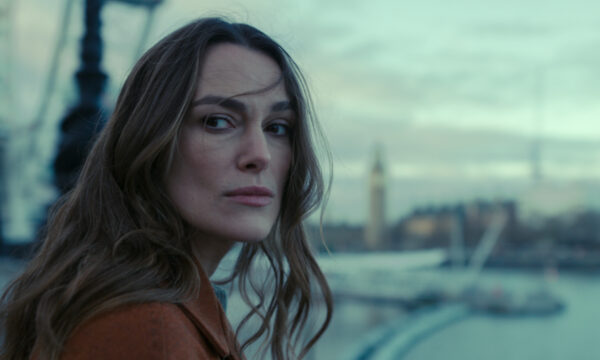
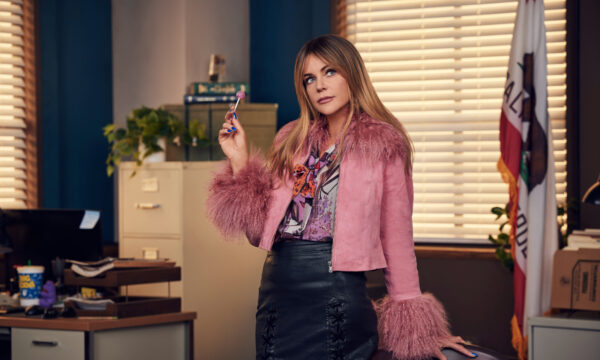
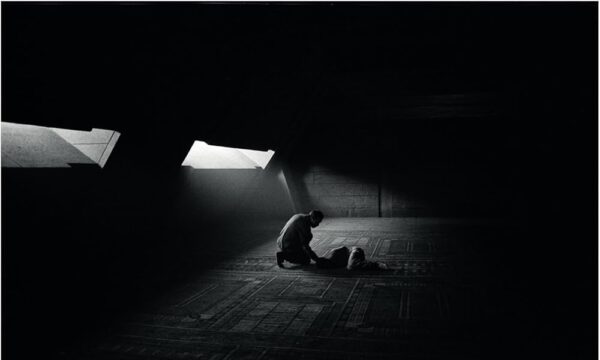
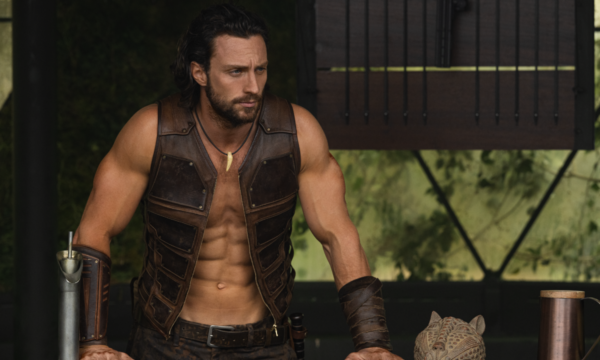
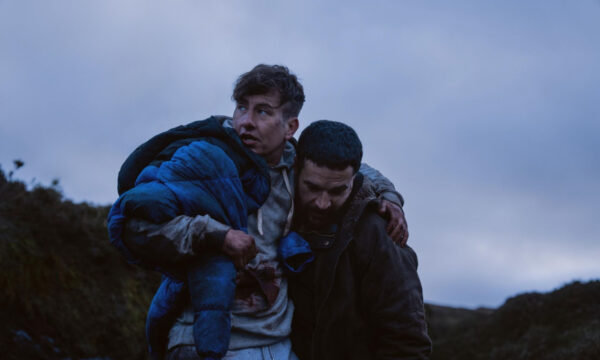
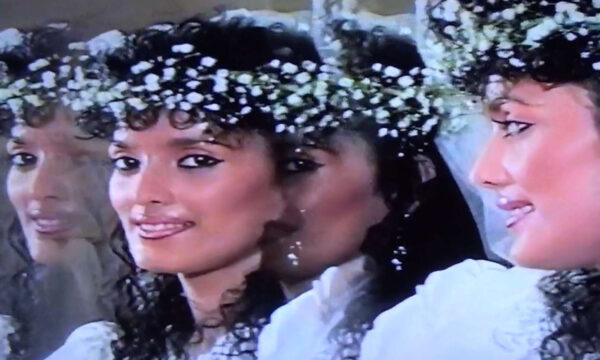
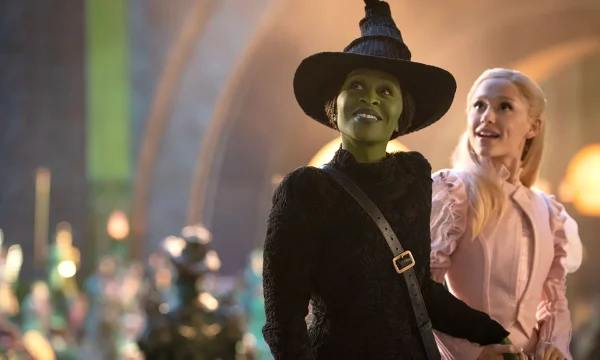
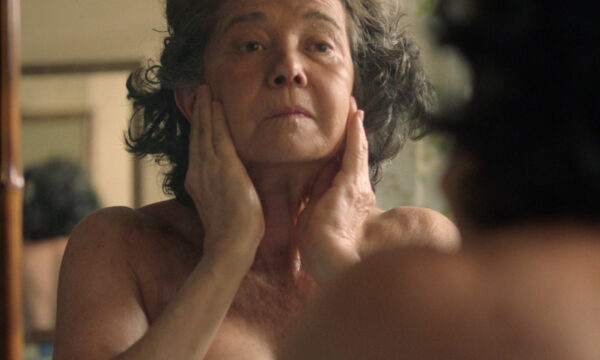
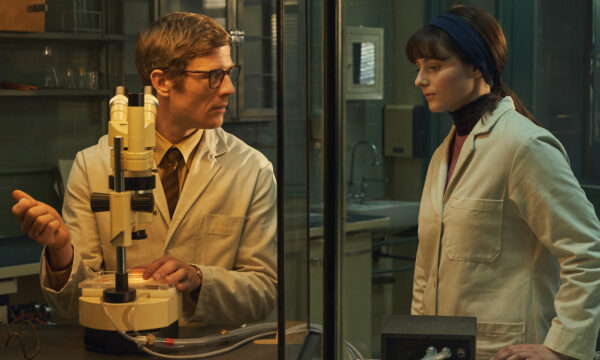










Facebook
Twitter
Instagram
YouTube
RSS